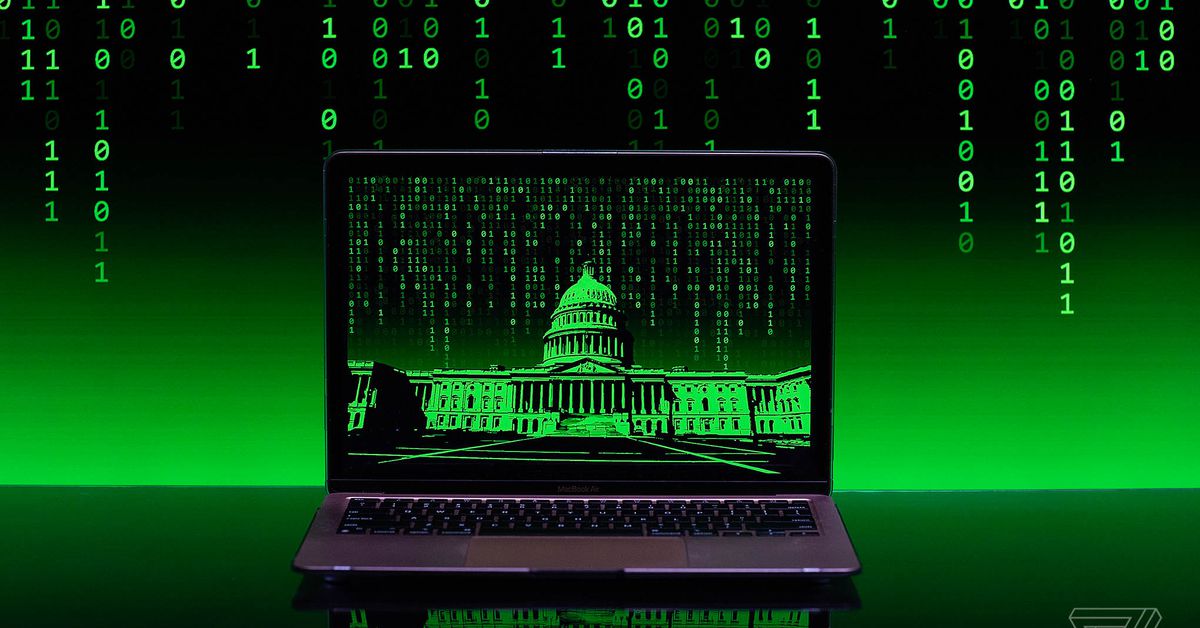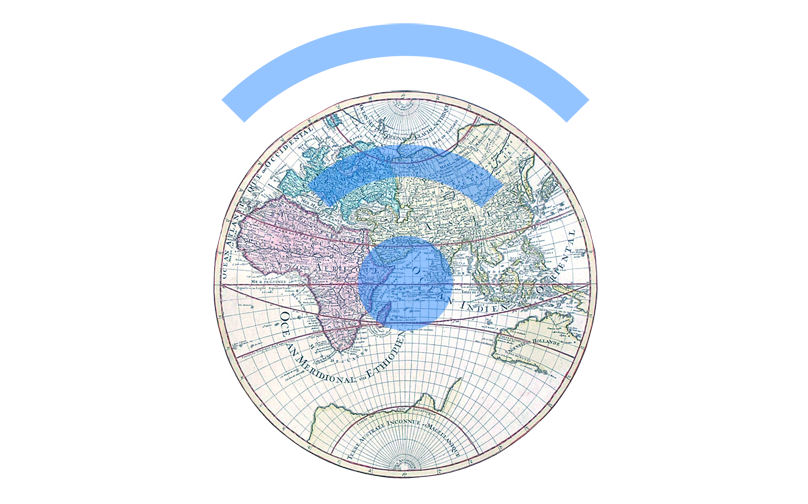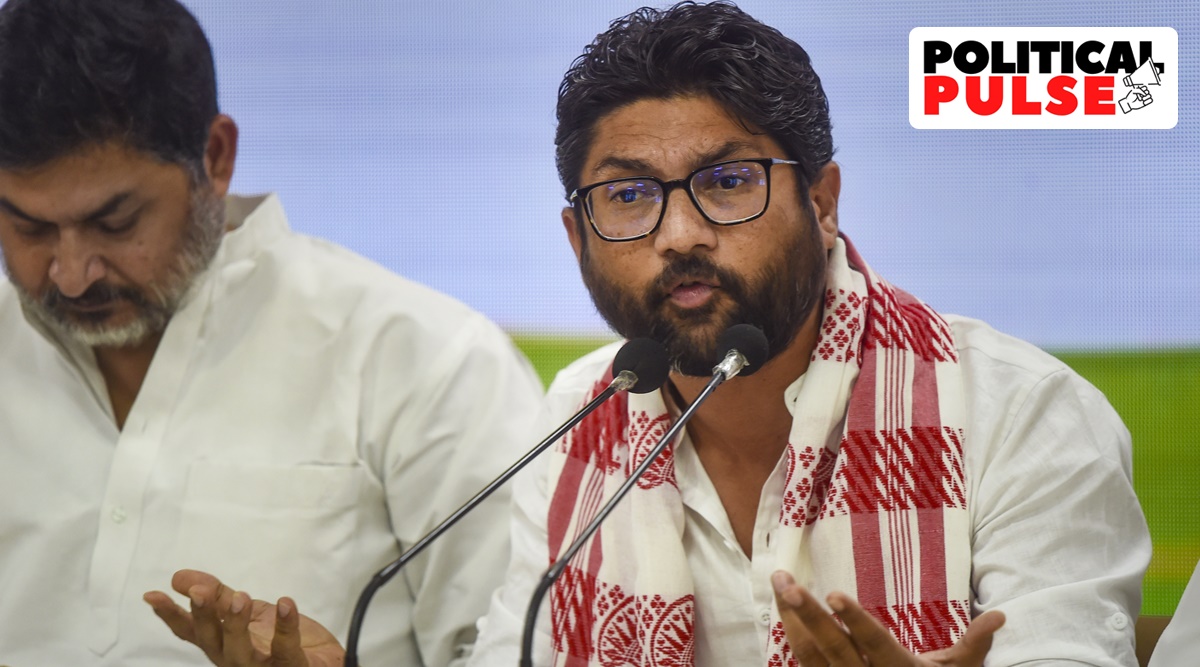
This week is International Workers' Day and we also look into the joint declaration on the future of the internet.
On April 28, the United States, European Union member states, and 32 non-EU countries announced a “Declaration for the Future of the Internet.” It envisages the internet to be decentralised and globally connected, one where signatories “refrain from undermining the technical infrastructure essential to the general availability and integrity of the internet.”
The full declaration seeking to reclaim the internet's original promises can be read here, and it lists its principles and commitments in five areas:
- Human rights and fundamental freedoms
- Global compatibility and governance
- Inclusive and affordable access
- Trust in the digital ecosystem
- Multistakeholder governance

How far does the declaration actually manage to go, given the nature of their call?
One of the criticisms that were pointed out by the Association of Progressive Communications (an international network of civil society organisations working on the strategic use of information and communication technologies for empowering communities), was a lack of mechanisms or compliance tests that would have been binding on the signatories. The most it can do is allow activists or civil society to try and put pressure on governments by pointing out the commitments that should be honouring as part of the declaration.
Responding to the declaration, a statement from AccessNow called it good on paper, but without some difference in approach and execution, it will likely remain like many global principles and statements that came and went without meaningful progress.
Also, an issue is the list of countries that have signed the declaration. While the membership is not closed, and there can be more countries that could later sign, and even if we consider ruling out some regimes with authoritarian tendencies, there is definitely an absence of many democracies.
India, of course is not a signatory. And the reasons might not be hard to figure, given the country and its government's track record in human and digital rights. Similar questions can be asked about signatories like Israel infamous for the pegasus spyware, and the US infamous for its government mass surveillance on citizens.
One of the clauses mentions denouncing the use of “algorithmic tools or techniques” for surveillance and oppression. We are developing a national grid for automated face recognition based surveillance, and it has already been flagged for issues of privacy and targeted profiling.
These already violate several of the commitments listed, and to go further, the number of internet shutdowns should be another pointer:
What about censorship of content?
.jpeg)
Only two weeks ago, an elected MLA from Vadgam, Gujarat, Jignesh Mevani was arrested for a tweet that was critical of the Prime Minister.
"Foster ... multilingual content" ... "combat violence online"?
"Refrain from using the internet to undermine elections"? "Reduce Harmful Content online"? The government just turns a blind eye on online hate speech that helps polarise the electorate in their favour.
Our previous chapter looks into hate speech during elections.
Another throwback to two previous chapters of TypeRight, where we covered the first-ever union in the world's largest company, Amazon.
And this issue, where we covered the plight of platform workers, based on our interaction with the general secretary of the IFAT.
A reminder from TGPWU on what's happening on the ground during the heat:
And finally, a friendly reminder for May day from dinosaur on twitter:

This thread explains in detail what all was made possible by labour unions:
Other Updates
As Elon Musk prepares to take over Twitter and replace the CEO, here's a handy guide from Bloomberg followed by a reality check on possible implications for India, dissent and democracy.

At DEF, our work is to make the access to internet available for everyone at the margins. This piece explains how public wifi will help us move closer to that goal.

In other news, the RBI is still undecided on Niti Aayog's plans for digital banks:

And google's second-largest campus is to be built in Hyderabad, India.

DEF Updates
From our Smartpur health camps:
From our digital literacy training initiative, in partnership with Microsoft, held across Delhi and Haryana:
...and from our digital literacy center in a homeless shelter in Delhi:
Our COVID warriors continue to spread awareness about COVID appropriate behaviour and debunk fake news and misinformation:
We are also starting a new program:
And this is a long thread on photo stories by Osama Manzar on Labour Day highlighting what signifies labour vis-a-vis the digital world:
Eid Mubarak to all our readers, and greetings for International Workers' Day! We will be back next week.

































 might be?](https://sk0.blr1.cdn.digitaloceanspaces.com/sites/1394/posts/714526/dbc8de4c-5c50-411f-aba0-55cfb74a692d.jpeg)

Write a comment ...